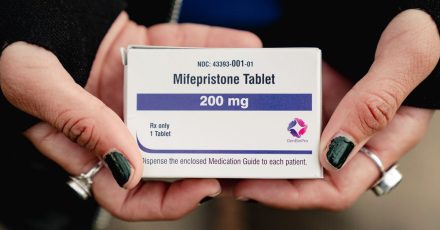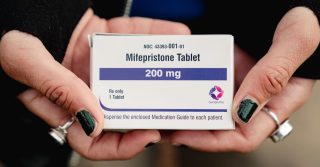GLP-1 medications commonly prescribed for weight loss, such as Ozempic and Mounjaro, significantly reduce cardiovascular risks in people with type 2 diabetes, a new study finds.
The research, published October 15 in JAMA Network Open, compared cardiovascular outcomes among adults with type 2 diabetes who began one of four classes of glucose-lowering medications between 2014 and 2021. Investigators examined three heart-related outcomes: nonfatal myocardial infarction, nonfatal stroke, and cardiovascular death.
Study sample and medications
– More than 240,000 adults from six U.S. healthcare delivery systems were included. The average age was 57; 54% were male.
– Medication classes studied:
– Sulfonylureas: older oral drugs that stimulate insulin release (examples: Glucotrol, Diabeta).
– Dipeptidyl peptidase-4 inhibitors (DPP4s): oral agents that increase incretin hormones (examples: Januvia, Nesina).
– Sodium-glucose cotransporter-2 inhibitors (SGLT2s): oral drugs that reduce renal glucose reabsorption (examples: Invokana, Jardiance).
– Glucagon-like peptide-1 receptor agonists (GLP-1RAs): injectable agents that promote weight loss and improve glycemic control (examples: semaglutide products such as Ozempic/Wegovy and tirzepatide products such as Mounjaro/Zepbound).
– Metformin was not evaluated in this analysis.
Key findings
– Cardiovascular event risk varied significantly by medication class.
– Sustained treatment with GLP-1RAs provided the most protection against the composite of nonfatal MI, nonfatal stroke, and CV death, followed by SGLT2s, sulfonylureas, and DPP4s.
– Experts not involved in the study noted these results reinforce prior research showing cardiovascular and renal benefits of GLP-1RAs and SGLT2s.
Why GLP-1RAs may help
– GLP-1RAs mimic a natural hormone that regulates blood sugar and appetite, producing weight loss, better glucose control, and improvements in blood pressure and cholesterol.
– They may also exert direct protective effects on blood vessels and the heart.
– Newer agents like tirzepatide combine GLP-1 and GIP receptor activity, yielding greater weight loss and metabolic benefits.
Expert perspectives
– Rita Kalyani, MD (American Diabetes Association), said the research addresses an important clinical question.
– Cheng-Han Chen, MD (interventional cardiologist), called the findings consistent with growing evidence of cardiometabolic benefits from this drug class.
– Marilyn Tan, MD (Stanford), noted diverse studies have shown GLP-1RAs help glucose control, reduce cardiovascular risk, and protect kidneys.
– Mir Ali, MD (bariatric surgeon), observed the greatest benefit appeared in older patients with more comorbidities.
Safety and limitations
– GLP-1RAs have side effects and limits: common GI symptoms (nausea, diarrhea, constipation), potential for excessive weight loss, possible loss of muscle mass, cost, and tolerability issues.
– More serious but less common risks include pancreatitis and gallbladder inflammation; those with certain familial thyroid cancers should avoid these agents.
– The study did not include metformin and reflects observational data from routine care; treatment choice should be individualized.
Context and implications
– The CDC estimates about 38 million people in the U.S. have diabetes, and over 90% have type 2 diabetes. Rates are rising in younger age groups and are higher among Black, Hispanic, American Indian, Pacific Islander, and some Asian American populations.
– Type 2 diabetes arises from impaired insulin use and is associated with obesity, inactivity, high blood pressure, high cholesterol, and elevated triglycerides. Untreated diabetes increases risk of cardiovascular disease, eye and kidney disease, nerve damage, and stroke.
– Experts emphasize medications work best alongside lifestyle measures. The American Heart Association’s Life’s Essential 8 and other recommendations—balanced diet low in saturated fat and excess carbohydrates, regular physical activity, avoiding tobacco and excess alcohol, adequate sleep, and stress management—remain crucial for cardiovascular and diabetes care.
Bottom line
GLP-1 receptor agonists appear to offer the greatest reduction in major cardiovascular events among the four glucose-lowering medication classes studied for adults with type 2 diabetes. Prescribers should weigh benefits against side effects, costs, and individual patient factors, and reinforce lifestyle interventions alongside medication.




